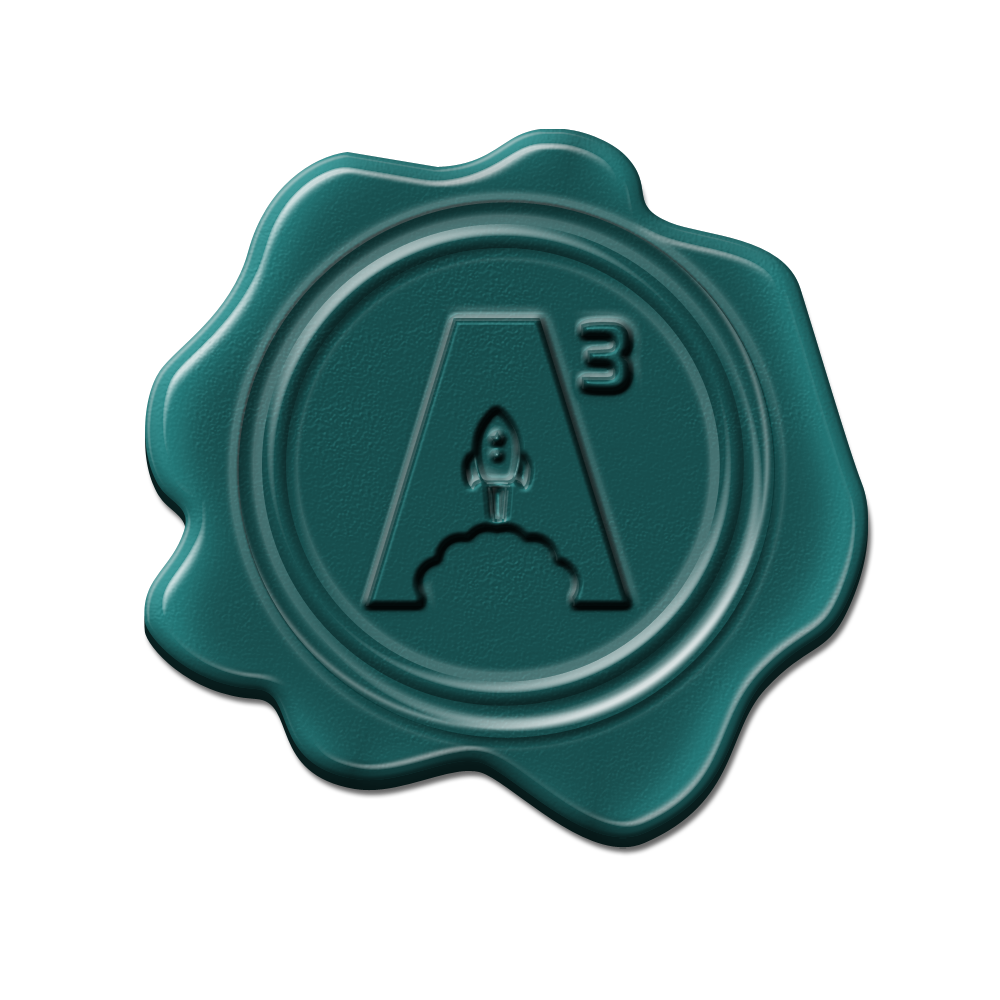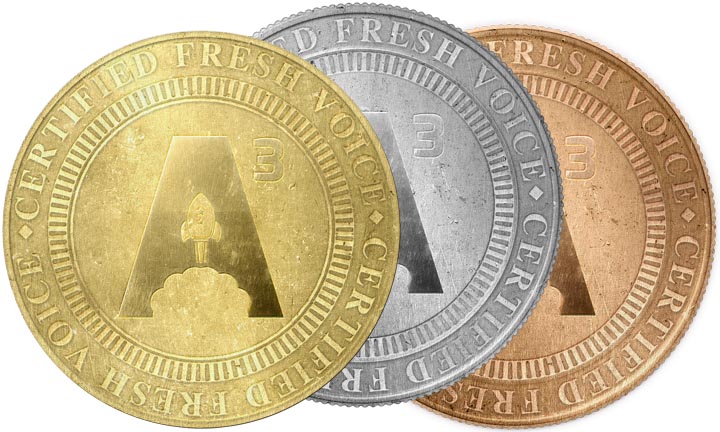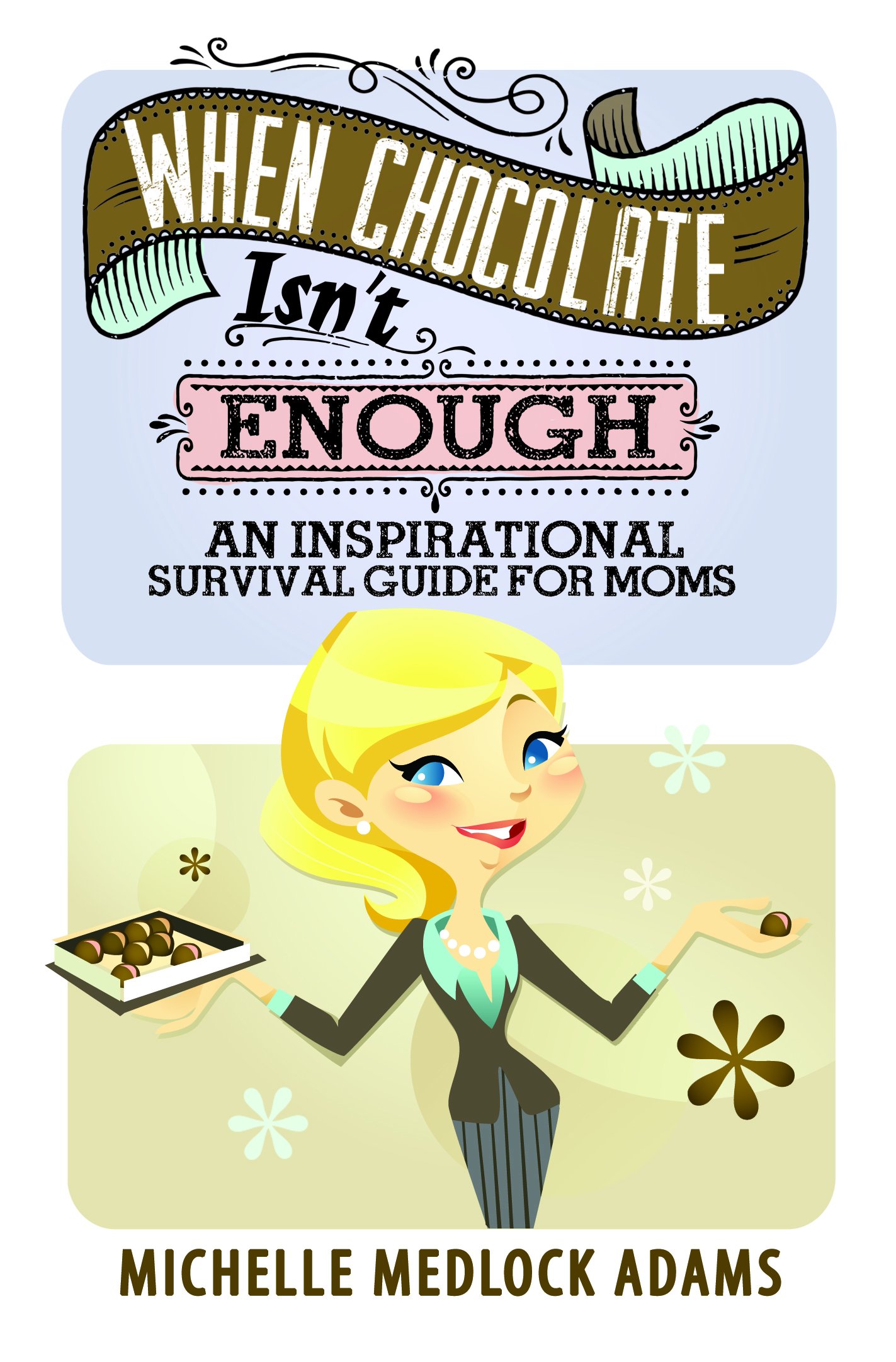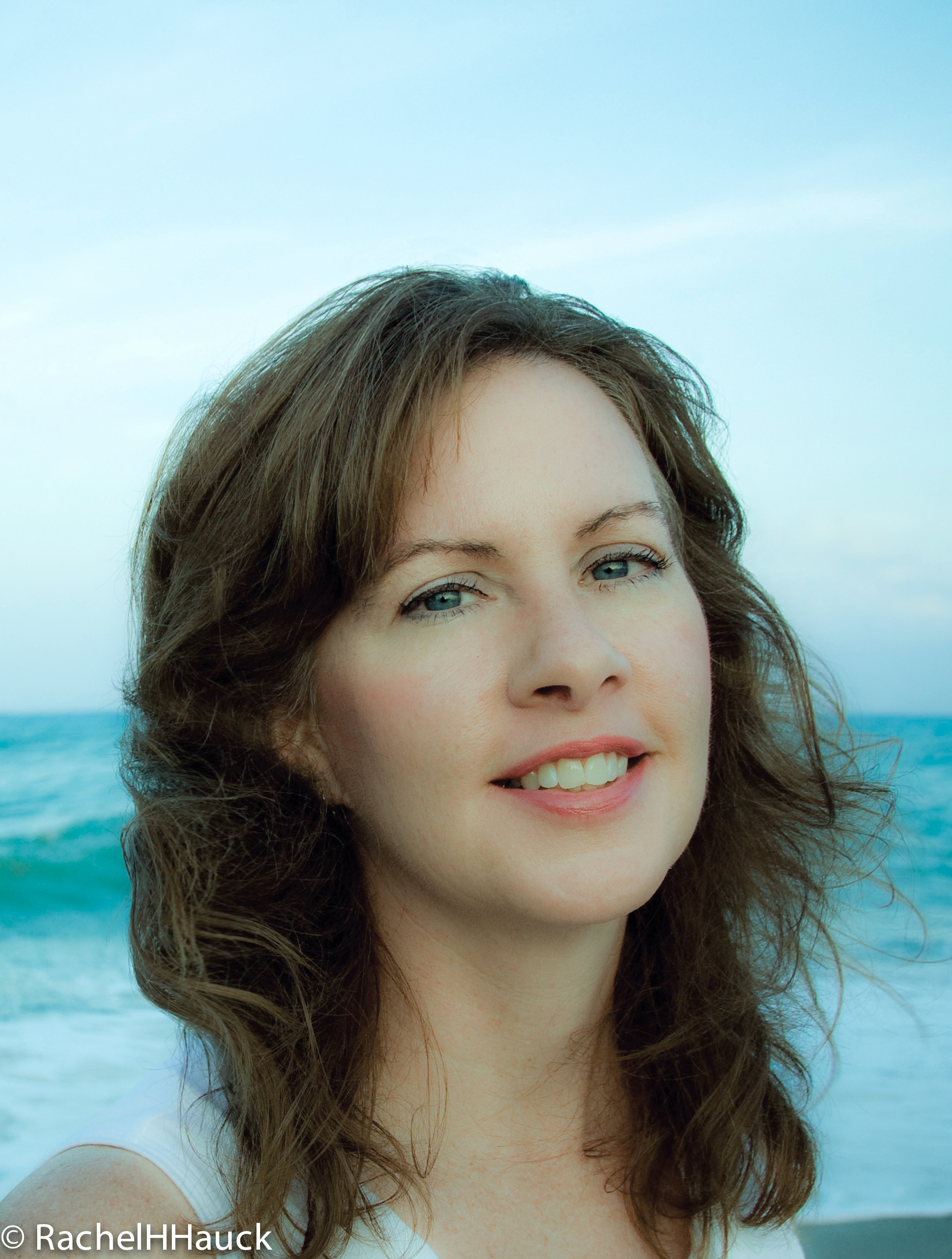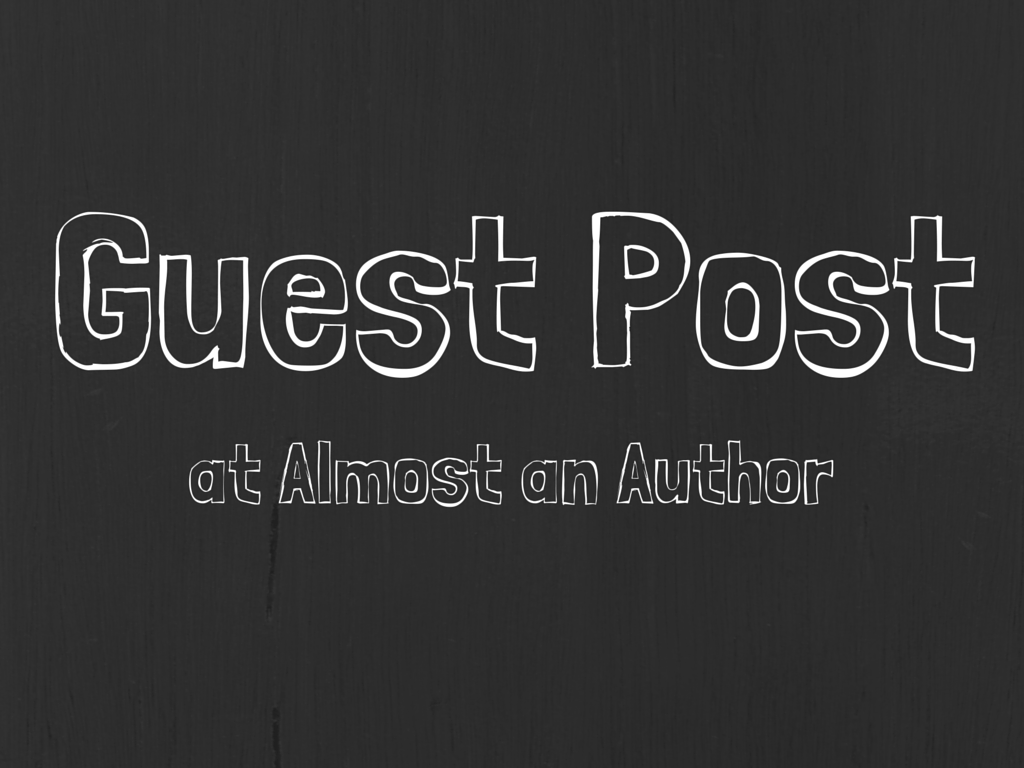[author title=”Doug Peterson” image=”http://www.almostanauthor.com/wp-content/uploads/2016/01/Bowler-Hat.jpg”]Doug Peterson is the author of over 60 books, including four historical novels–The Disappearing Man, The Puzzle People, The Vanishing Woman, and the Lincoln League. Doug’s first novel with Kingstone Cinema Books, “The Disappearing Man,” is based on the true story of one of the most amazing escapes in American history. In 1849, Henry Brown, a slave, was sealed inside a wooden box and mailed from Richmond to Philadelphia–a 27-hour ordeal. “The Disappearing Man” was selected by Canton, Ohio, as its featured book for its annual One Book, One Community program in 2011. It has also been optioned for film. “The Puzzle People” is Doug’s page-turning follow-up. It is a murder/suspense novel based on events surrounding the rise and fall of the Berlin Wall. “The Puzzle People” follows the lives of two couples who were split apart when the Wall went up. “The Vanishing Woman” is based on the incredible true escape from slavery by Ellen and William Craft. In 1848, Ellen escaped by posing as a white man, while her husband pretended to be her slave. Ellen and William Craft put the Fugitive Slave Law to the test, changing our country forever. “The Lincoln League” is inspired by the true story of John Scobell, one of the first African American spies in the U.S. intelligence service. John worked as a spy for the Union during the first year of the Civil War, while his wife remained in Richmond. This Civil War novel follows both of their stories during the tumultuous first year of the war. Doug also authored 42 books in the popular VeggieTales series. “The Slobfather” won the 2004 Gold Medallion Award for preschool books, and he was co-storywriter for the best-selling video, “Larry-Boy and the Rumor Weed.” In addition, he has written for the University of Illinois for over 30 years, covering everything from engineering and agriculture to chemistry and history. His popular short story, “The Career of Horville Sash,” was made into a music video featuring Grammy-winner Jennifer Warnes, and he even co-wrote “Roman Ruins,” an episode in the bestselling line of How to Host a Murder party games.[/author]How long have you been writing?
I have been writing since the first grade, which was when I decided I wanted to be a writer (honestly). In fact, I had my own publishing empire in third and fourth grade, writing over 100 books that I stapled together and passed around to friends. This was the 1960s when good photocopy machines were nonexistent, so I couldn’t make copies.
I also published a monthly magazine, The Peterson Popper, for three years in grade school, and I put out a weekly newspaper, The Weekly Waste, for almost a year (and I had two whole subscribers at school). My favorite book that I wrote as a kid was 20,000 Leagues Under the Swimming Pool, and my favorite book series that I wrote was The Man From A.U.N.T.I.E., my spoof on the popular TV show at the time, The Man From U.N.C.L.E.
You can probably see why I wound up writing for VeggieTales.
I majored in journalism at the University of Illinois with the idea of working for a newspaper and then writing the Great American Novel on the side. But I spent only a year working for newspapers before I wound up writing half time for the University of Illinois and free-lance writing half time.
In my free-lance work, it’s almost as if God outlined my writing life decade by decade. In the 1970s, I primarily wrote for newspapers; in the 1980s I wrote for magazines (although my first book was published in 1987); in the 1990s I wrote Christian humor books; in the 2000s I wrote for VeggieTales; and in the 2010s I write historical novels.
I’m really anxious to find out what’s in store for me in the 2020s.
Do you have a theme, message, or goal for your books?
When I wrote for VeggieTales, each book had a specific lesson—as all VeggieTales stories do, with the overarching theme of “God loves you very much.”
When I switched to writing novels, I didn’t set out with any particular message or theme in mind. I just seemed to stumble across the theme of freedom, although I think it was more than just an accidental stumbling. I believe God put the theme of freedom in my path, and I tripped over it.
I have written two novels based on true stories from the Underground Railroad: The Disappearing Man, the story of Henry “Box” Brown, a slave who escaped by shipping himself in a box from Richmond to Philadelphia; and The Vanishing Woman, the story of Ellen Craft, a slave who escaped by pretending to be a white man, while her husband William posed as her slave.
My latest novel, The Lincoln League, is based on the story of John Scobell, the first African American spy for the U.S. Intelligence Service; and my other novel, The Puzzle People,” covers the rise and fall of the Berlin Wall.
In all of them, freedom is front and center.
I look for stories that appeal to a broad, general audience, and I also look for real-life stories in which a character’s faith is prominent. For example, Henry Brown thought God told him to “go and get a box and put yourself in it.” In The Puzzle People, I show how the church in Leipzig played a key role in bringing down the Berlin Wall.
Faith and freedom. That sums up my themes pretty well.
How long did it take you to get your first major book contract?
I started firing out manuscripts in my twenties, and like most writers I got a long string of rejections—and most, if not all, of them were well deserved. My first published book, I Never Promised You a Hot Tub, was a compilation of humorous parables I had written for various publications. It was published by Zondervan in 1987, which would have made me 32 years old at the time. That means I probably had about eight years of rejection before getting that first book published.
Rejection is a big part of a writer’s life. To find out how I learned to accept rejection, check out my story, What Bob the Tomato and Baseball Taught Me About Risk and Rejection.
How long does it take you to write a book?
When I was writing picture books for VeggieTales, it would take about ten to fifteen hours to write one. The most time-consuming part of writing a VeggieTales book was brainstorming the idea, which would probably take about five or six hours, spread out over several days.
Once the idea was approved, I would write the first draft in an afternoon and spend the next few days editing and rewriting (while juggling other writing assignments). After running the draft by my wife and some friends, I would do final revisions and ship it off.
Writing novels is a quite a bit different because we’re talking about 100,000 words instead of 1,000 words for a picture book. But I have managed to write one historical novel per year, on top of the freelance work that I still do for the University of Illinois.
When writing historical novels, I do some initial research, and I keep doing research on the fly while the novel is in progress. It takes about six months to write the first draft and the next five months to rewrite and edit. But I’m typically juggling several projects at a time, so I do not devote my entire days to working on the novel. For more details on my writing routine, check out my Almost An Author blog, How Many Words Should You Write Per Day?
What has been your greatest joy in your writing career?
I never get tired of the process of writing. Some people describe writing as sweating blood, but I have a wonderful time; it’s a joy. If I’m sweating, it’s only because my office has a southern exposure and it’s on the second floor of an old house, which gets pretty toasty.
It’s also a joy to see the moments when God does the unexpected. The best example was when I was still writing VeggieTales books, and I attended the premiere of the movie, The Pirates Who Don’t Do Anything, in Cincinnati. I was supposed to go to the Chicago premiere but wound up in Cincinnati because of a scheduling mix up, and I’m so glad it happened that way. While I was in Cincinnati, my wife and I went to the National Underground Railroad Freedom Center, and we came across an exhibit devoted to Henry “Box” Brown—a slave who escaped in 1849 by shipping himself in a box from Richmond to Philadelphia.
This doesn’t happen very often, but both my wife and I had a strong sense that God was leading me to write Henry Brown’s story. The result was my first novel, The Disappearing Man. Strangely enough, the same month that I stumbled across the Henry Brown story, VeggieTales put a hold on their books.
So I made the transition from talking vegetables to historical novels. That museum visit changed my life.
Which of your books is your favorite?
That’s a tough question. As some writers say, that’s a bit like asking who’s your favorite child.
Among my VeggieTales books, however, I have clear favorite—my first picture book, The Slobfather. For those old enough to remember the old TV series, Dragnet, this is a Dragnet spoof in which Bob and Larry talk in the clipped fashion of Sergeant Joe Friday as they investigate messes that Junior Asparagus and Laura Carrot get into. But you don’t have to remember the old TV series to understand the books, of course. The concept is pretty simple. Bob and Larry are “Mess Detectives” who investigate the messes that kids get into.
Among my historical novels, I can’t pick a favorite, but I am partial to my first one, The Disappearing Man, which I mentioned in the earlier question. It’s been optioned for film and I co-wrote the screenplay, so I’m praying it will hit the screen.
What is the single greatest tool you believe a writer should have in his or her toolbox?
If you can fit “persistence” in a toolbox, that would be it. I have one writer friend who made his mark in science fiction quickly, with little in the way of rejection slips. I’m sure he must have had some level of discouragement, but he became very successful very fast. This is not the norm. Let me emphasize that: This is not the norm. Immediate success is not most people’s experience, and it hasn’t been my experience, so be persistent and keep learning.
How do you recommend writers try to break into the market?
I think attending writer’s conferences is invaluable. It has been for me.
I have regularly attended the Gideon Media Arts Conference in Asheville, North Carolina, and the conference changed my life. At the first conference, my screenwriting teacher encouraged me to write the Henry “Box” Brown story as both a novel and screenplay. I also met my agent and publisher at this conference.
Ironically, the Gideon Conference has always concentrated more on film than on books, and yet it changed my book-publishing life. Only God can work something like that out. Today, the Gideon focuses almost entirely on film and acting.
If you’re writing for print, rather than film, another great conference that I have attended is the Blue Ridge Christian Writers Conference, which also meets in Asheville, North Carolina. However, there are many wonderful conferences out there. But if you’re trying to break into the market, I recommend you make sure the conference will have editors and agents in attendance.
When I started in the field, many writers (particularly in the Christian market) didn’t have agents and didn’t need agents. But that’s not true any longer.
Who is your favorite author to read?
I like all kinds of books, and I usually try to read a non-fiction book, a fiction book, and a Biblical study book at the same time.
My favorite all-around writer is C.S. Lewis, but my favorite non-fiction writer is G.K. Chesterton. My favorite Christian book is Chesterton’s Orthodoxy, but ironically the first time I read it I couldn’t get through it. Chesterton is an acquired taste for many, so you have to get used to his style.
But I persisted in reading Chesterton, and I now love his work. There’s that word again: persistence. It should be every writer’s favorite word.


